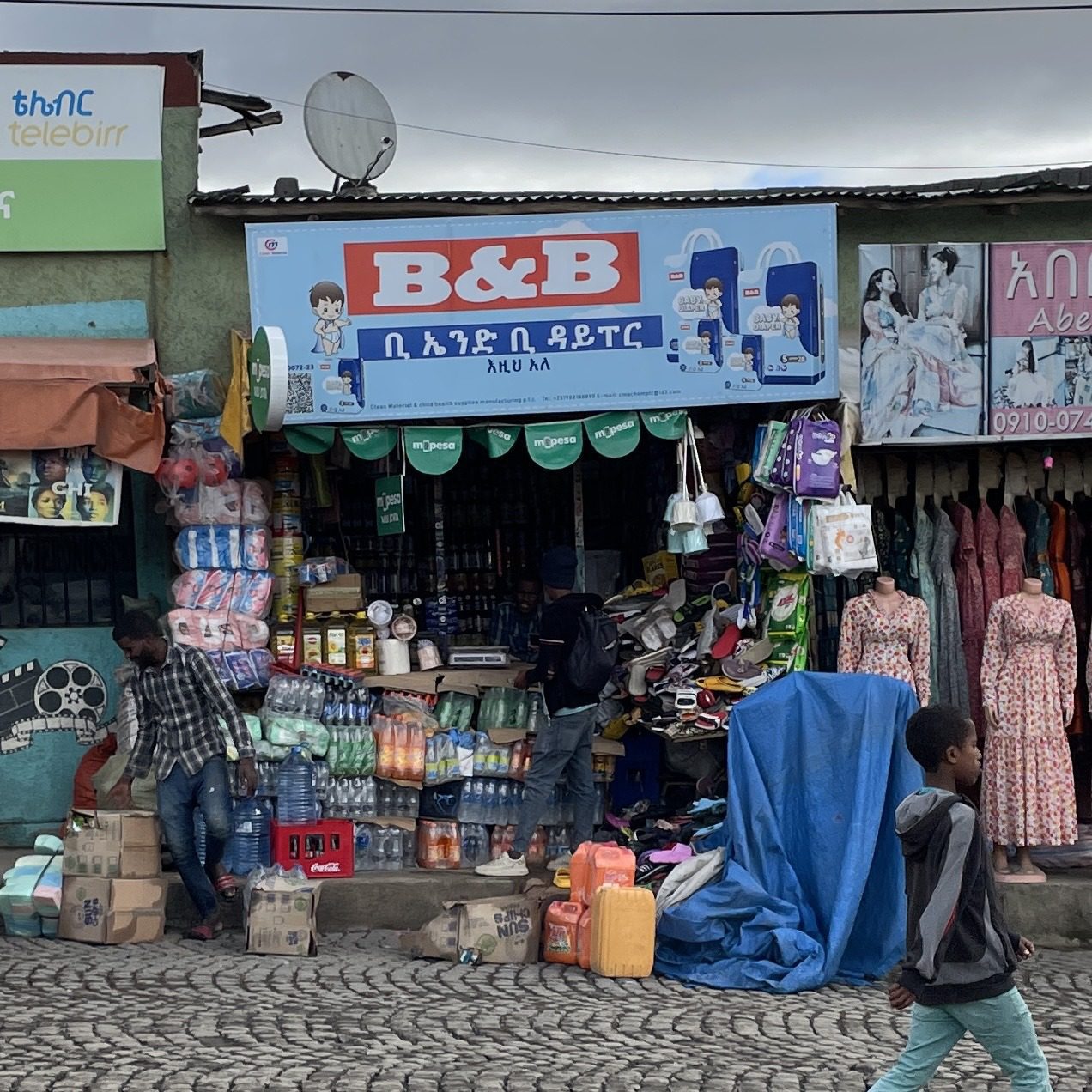
Embarking on Market Adventures: Unraveling the Chronicles of Shemsu, the Heartbeat of Ethiopian Commerce – A Dive into the Rich Tapestry of Local Entrepreneurship
If, by chance, you find yourself in a market where you wish to purchase your favorite item, store owners refer to Ethiopian sellers by this specific name: “Shemsu.” It’s kind of strange how everyone in Ethiopia calls shop owners “shemsu.” However, this is probably meant as a compliment, as the moniker refers to a capable and diligent small business owner in Ethiopia who frequently investigates the potential and demands of the Ethiopian market. The key is to manage a profitable shop and provide its customers with well-made products on a daily or weekly basis based on Ethiopian consumer habits. This is the history of Shemsu that we are familiar with from our local trade or neighborhood commerce. To those of you who are new to Shemsu’s concept, get ready because we are going to be diving into a little adventure called The Chronicles of Shemsu in Ethiopia’s local market.

Here are a few things about the daily lives of Shemsu owners as local market owners: On a daily basis, Shemsus operations in a tiny market look like the following: People who are heading to school, class, or their everyday routine typically buy various types of products both in the morning and the evening. Shemsu is aware that this is a bull market, and one must typically prepare their thinking at least one day in advance at a huge community hub called Merkato.
Merkato is a well-known market in Addis Ababa, Ethiopia, renowned for its lively streets and wide assortment of goods. The majority of Merkato’s product sources are either foreign imports or locally held businesses, which significantly boosts Ethiopia’s economy. In Merkato, there are numerous parties involved in the intricate supply chain, including farmers, distributors, merchants, and end users. The local Shemsu owner will supply the requested goods in either retail or wholesale quantities. Whichever is the most cost-effective is the most widely used option by Shemsus. By doing that, Shemsu is well equipped for the job. Although his demand doesn’t just end at dawn and dusk, Shemsu local shops get a visit from time to time during the day, and its a high season during the holidays. For that kind of huge resource inquiry, shemsu owners will most likely pay merkato a visit once or even twice a week. With a lower price, the Shemsu owner buys their valuables. It’s not usual for local business owners to buy their products from retailers, as in the case where they are carrying out the placement.
Wholesalers in Merkato handle a wide range of goods, such as electronics, textiles, and spices. They frequently run their businesses out of specific sections of the market and focus on particular categories of goods. These wholesalers obtain products from producers or importers and then provide them to retailers at competitive prices. Ethiopian wholesalers stand to gain greatly from the economic growth of the nation and rising consumer demand for a wide range of goods and products. Due to factors like a sizable and diverse consumer base, rising urbanization, and government attempts to stimulate trade and investment, Ethiopia’s wholesale industry has prospects for profit. The strategic location of the nation, which gives access to regional markets and trade channels, is another advantage for wholesalers. However, it’s crucial to remember that elements like market rivalry, the legal system, the advancement of infrastructure, and economic stability can all have an impact on how profitable wholesalers are in Ethiopia.
For that case and much more significant reasons, purchasing products from a wholesaler’s store at merkato is the greatest trick individuals, especially Shemu’s, utilize. The merkato market gets its purchase number high and is in it’s peak season on Saturday. Chart Busters gets their commission on the roof, and, well, the streets of Merkato become congested. Additionally, we will witness Shemsus consume a wide variety of items in varying amounts for a maximum of one week and one month. Ethiopia’s retail industry is made up of a diverse spectrum of companies, from contemporary malls to traditional open-air markets. Quick changes in consumer preferences, increased disposable incomes, and urbanization have all contributed to the country’s retail landscape’s quick evolution. Let’s take Mexico’s Sunday market as an example. To purchase the Sunday market product from a distributor, people travel there from various areas. They may continue to purchase goods from customers even though the price may tend to go up a little. For the majority of shemsu owners, the key is to start by purchasing goods from a wholesaler.
Shemus proprietors typically set their functioning dash board for action around 12:00 Ethiopian local time following the battle in the market to obtain a wide choice of things ready for their customers.Students purchase their small school supplies, while parents get groceries and other necessities for the day. Every person will require something from Shemsu, as specified.
This is Shemsu’s journey through the neighborhood business rescue and the local market. But what if Shemsu is more than just the neighborhood next door that meets all of your needs? What happens if Shemsu takes up residence on your smartphone and meets all of your needs? Meet “sooq.et” Your virtual home run, where you can join the Shemsu experience in addition to making purchases, Be part of the shemsu’s adventure with Sooq.


 Wholesale
Wholesale Grocery
Grocery Kitchen Appliances
Kitchen Appliances Furnitures
Furnitures Men
Men Women
Women Kids
Kids Electronics
Electronics Sports
Sports Health & Beauty
Health & Beauty Drinks
Drinks Flowers & Gift
Flowers & Gift Stationary
Stationary




 Home
Home  Whishlist
Whishlist  Compare
Compare  Checkout
Checkout